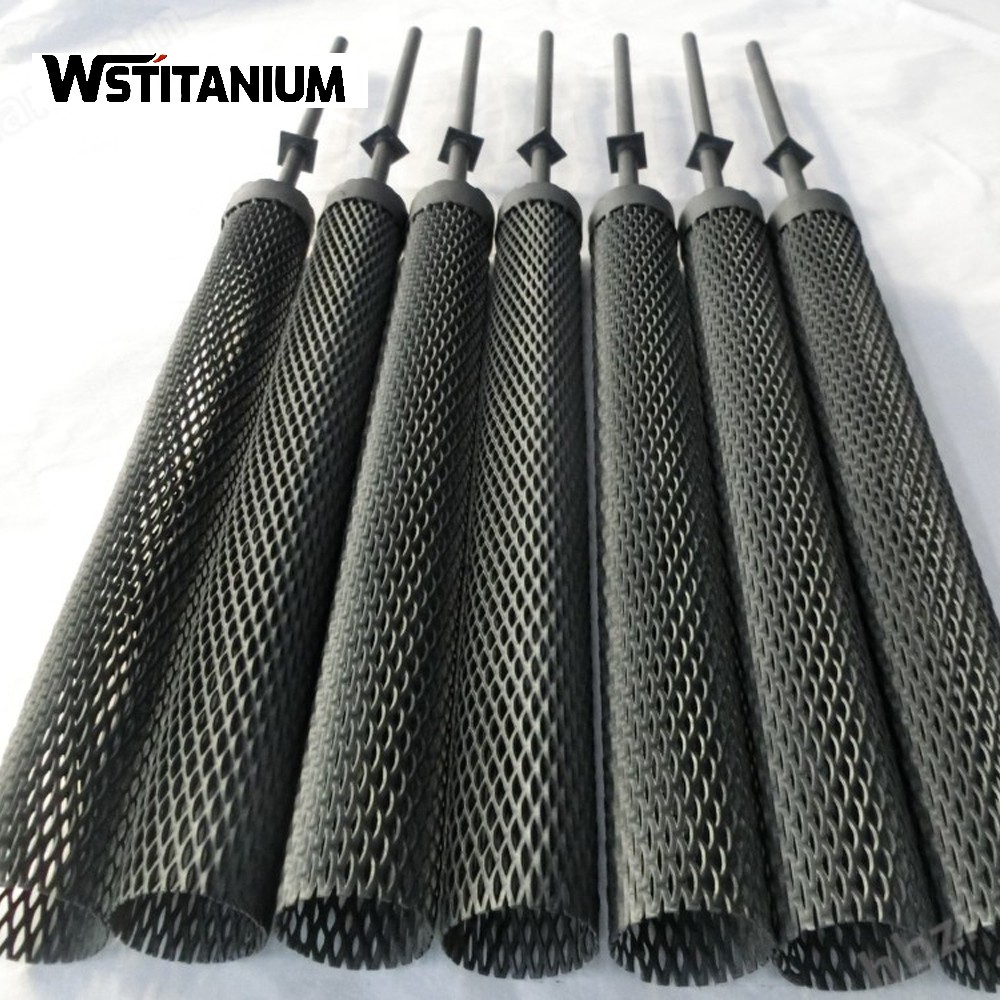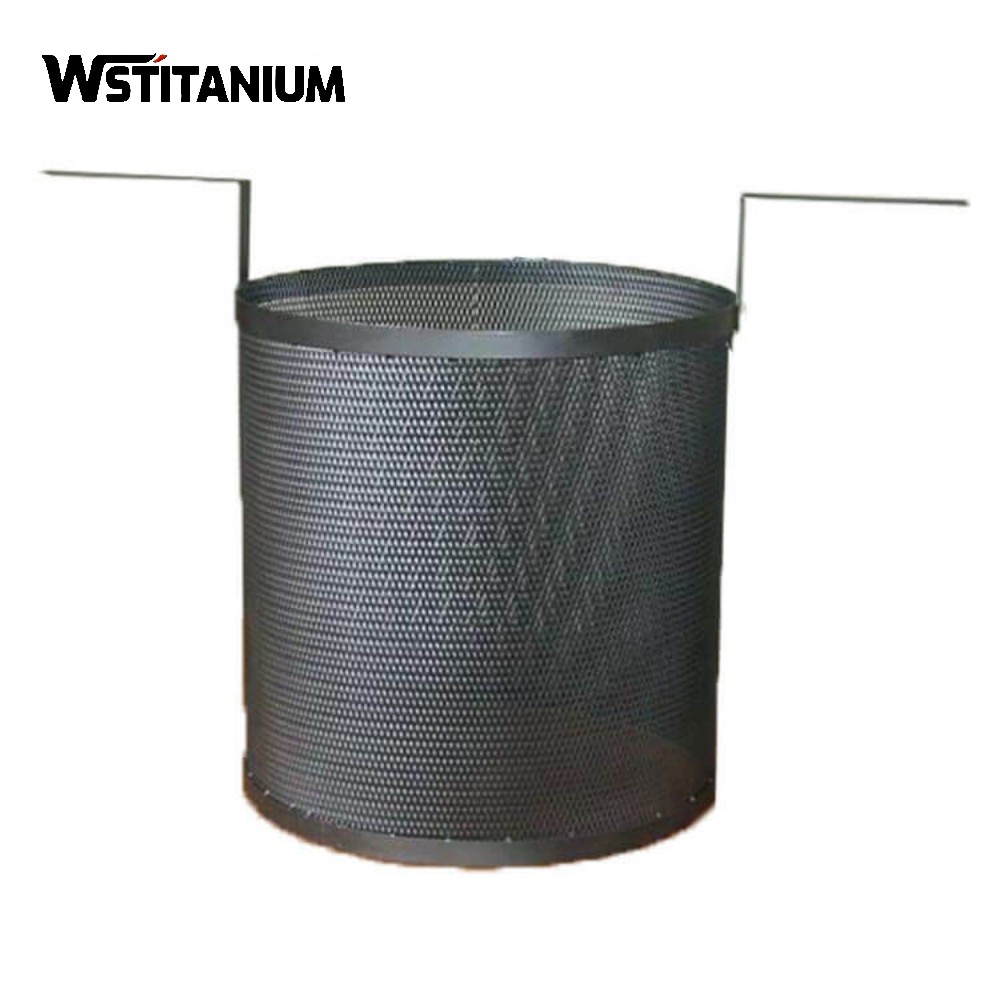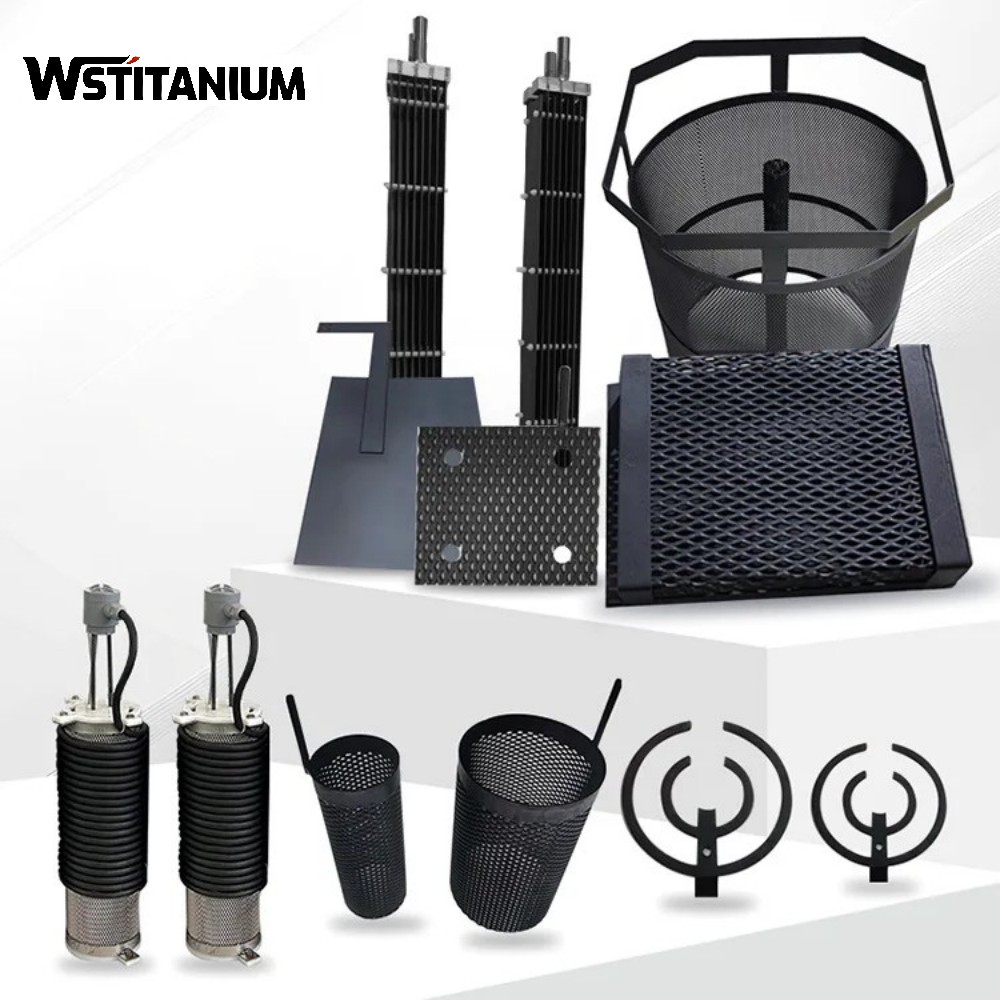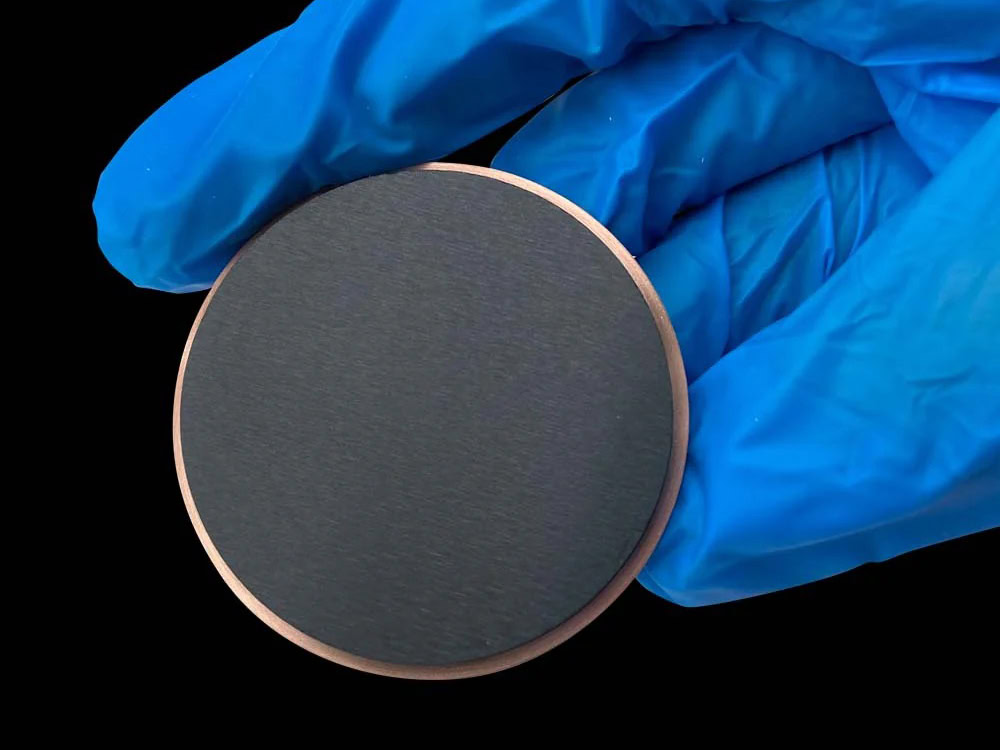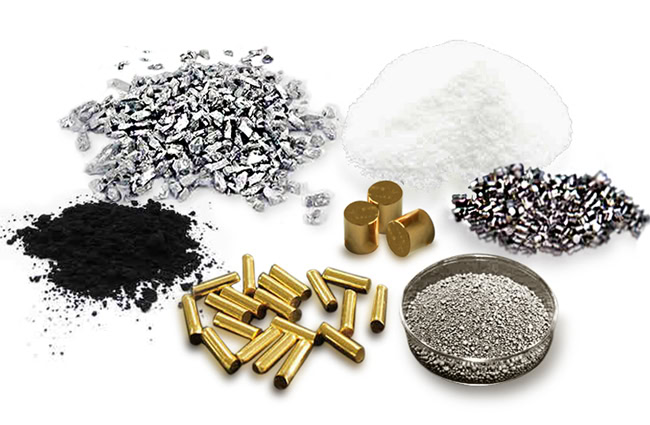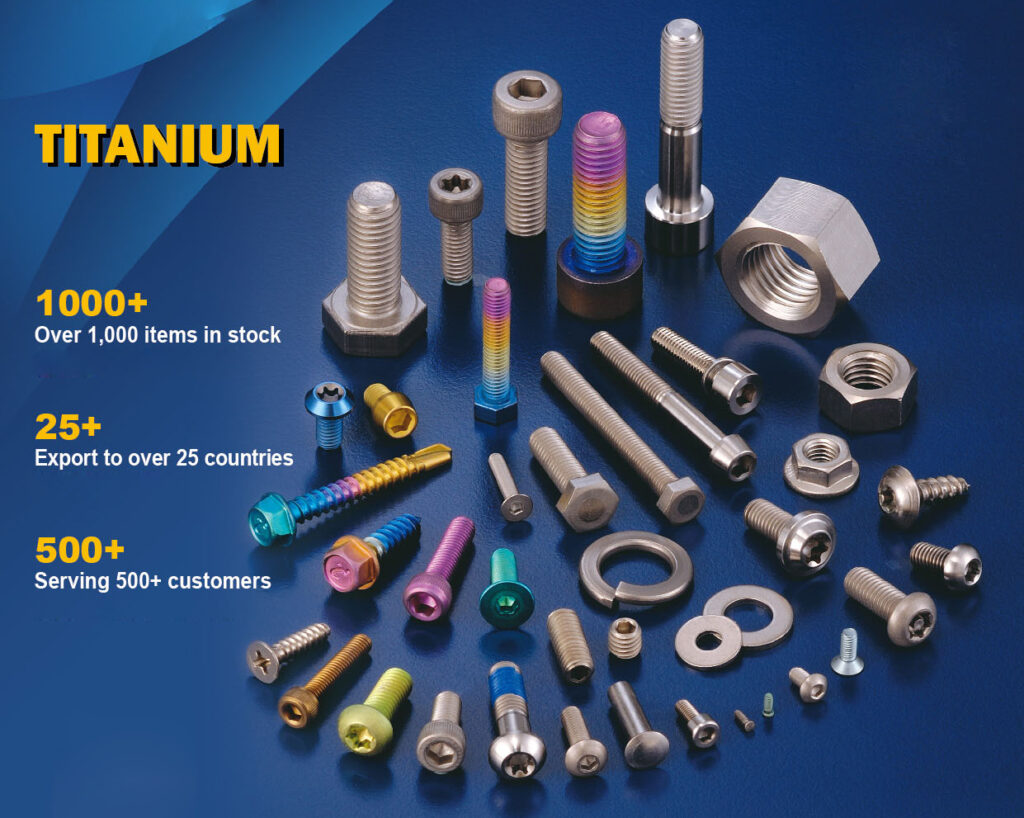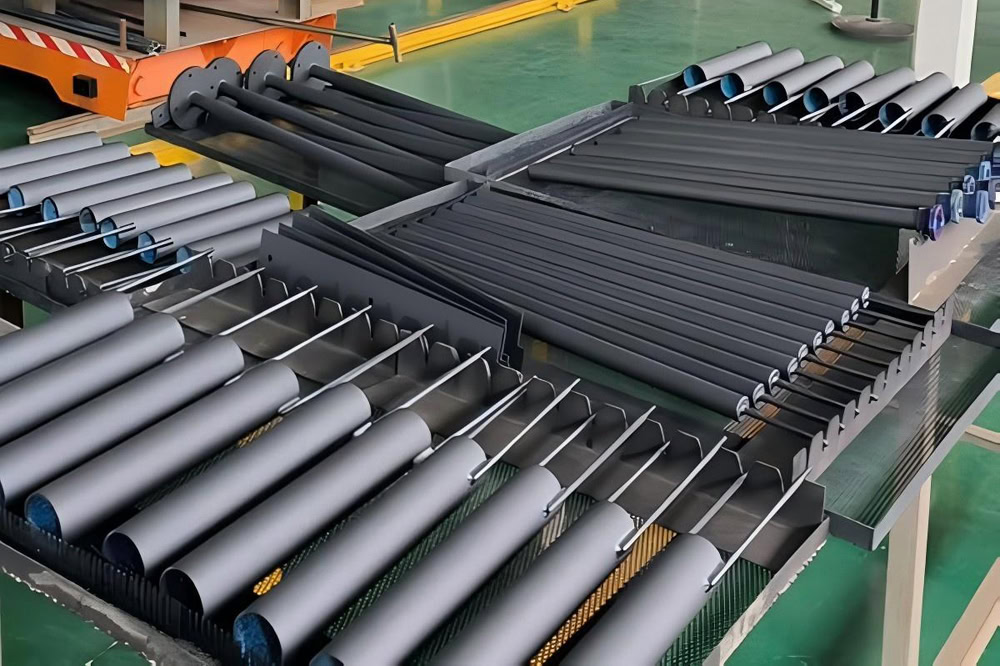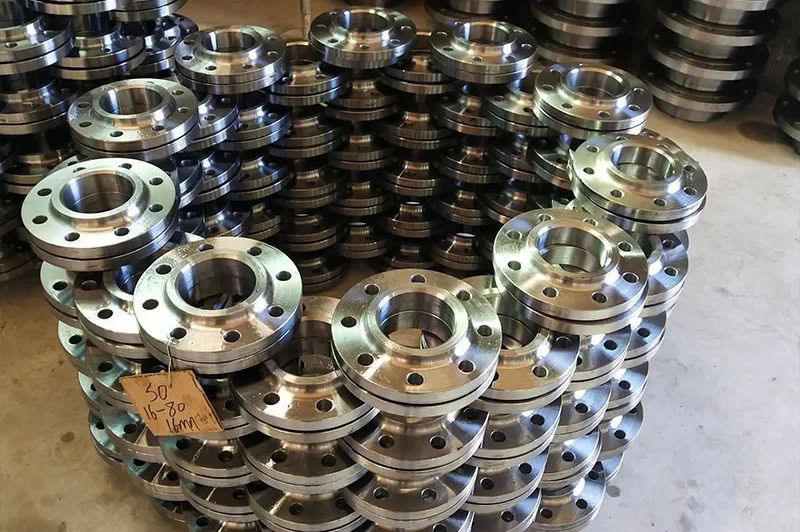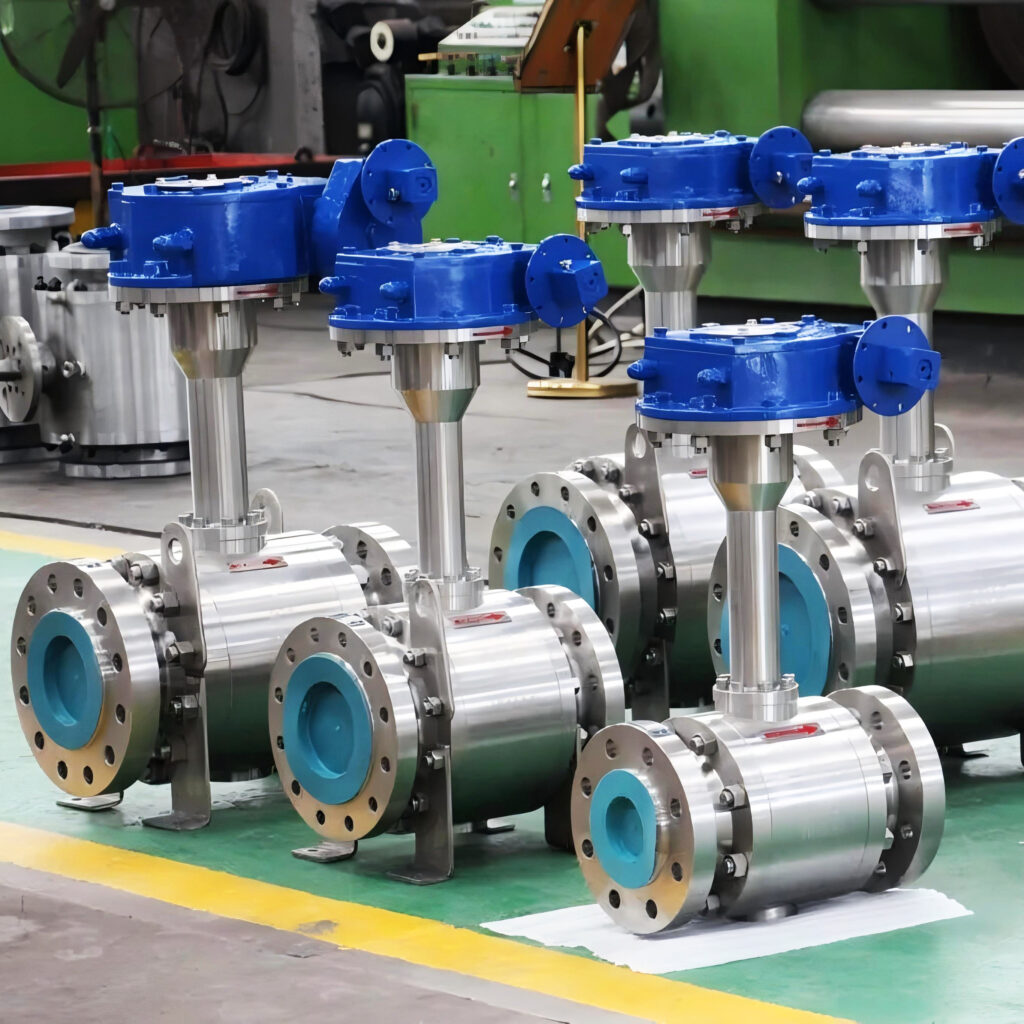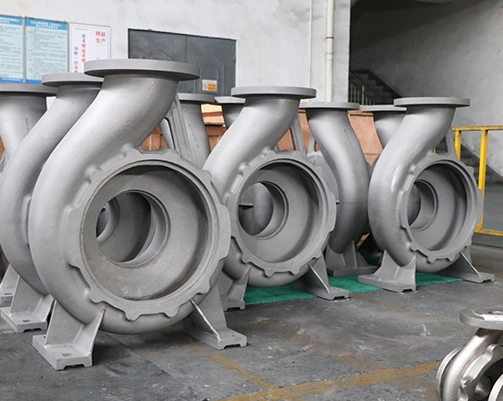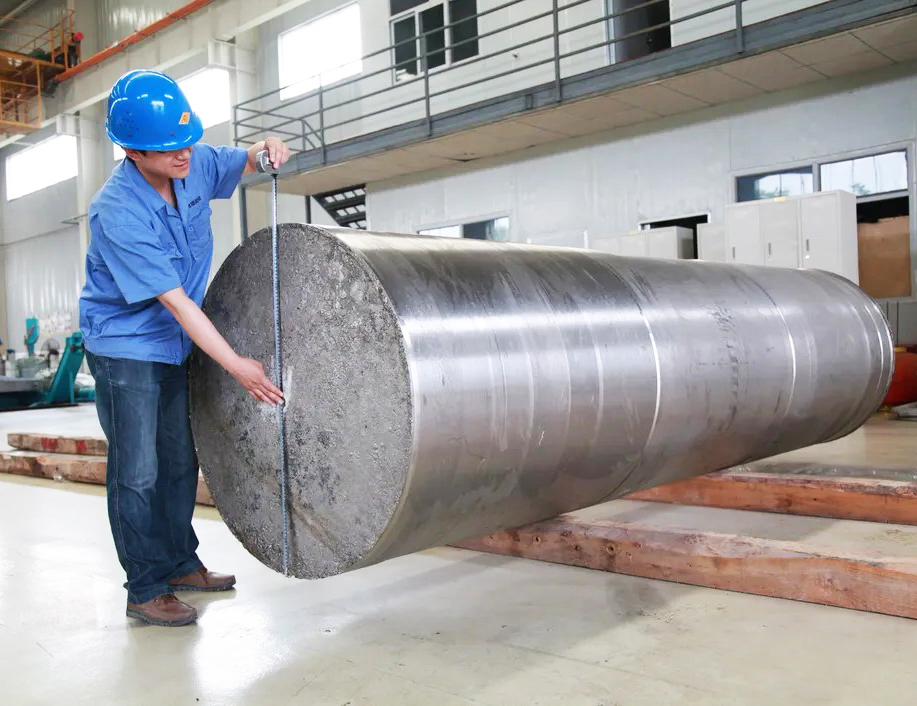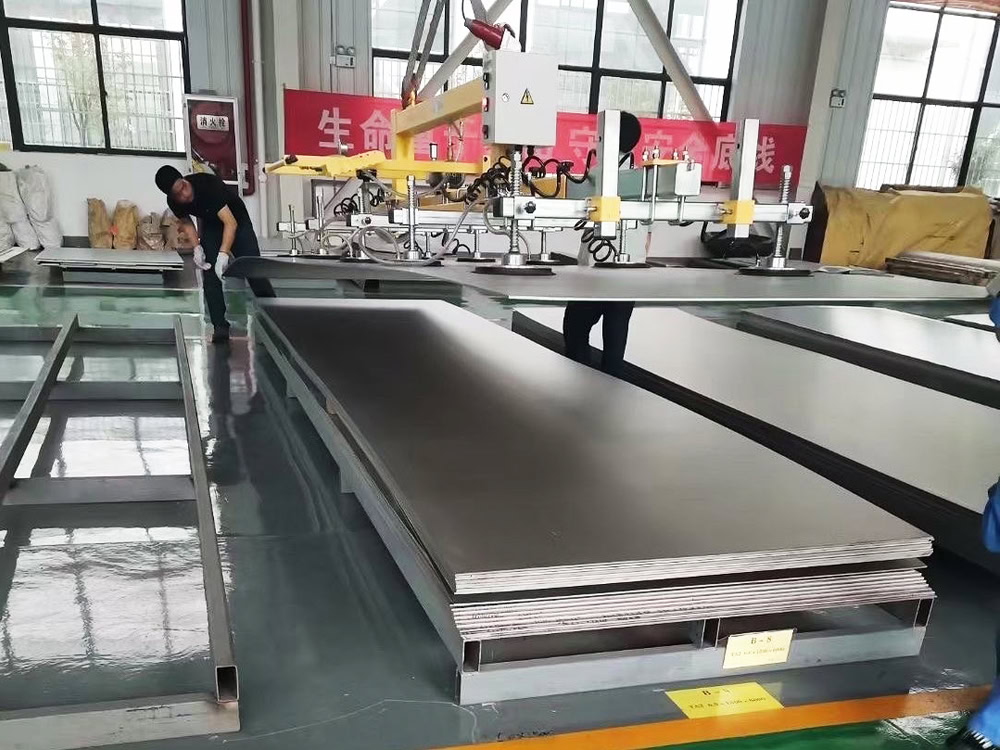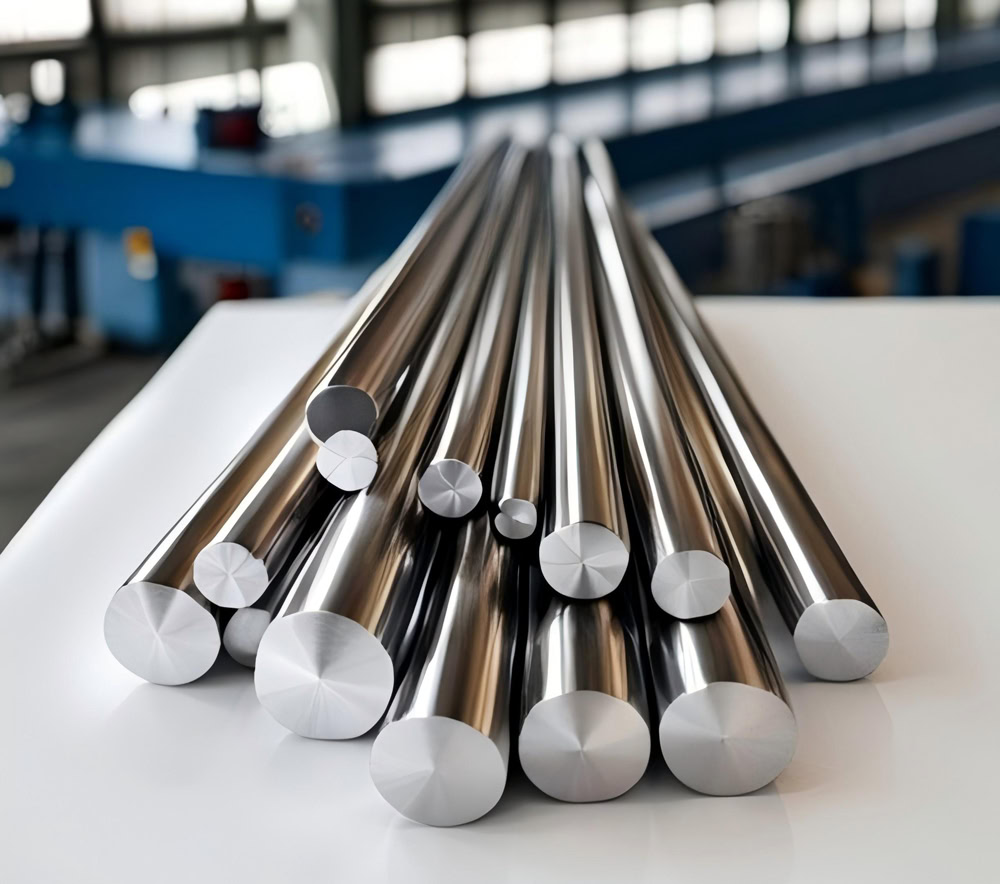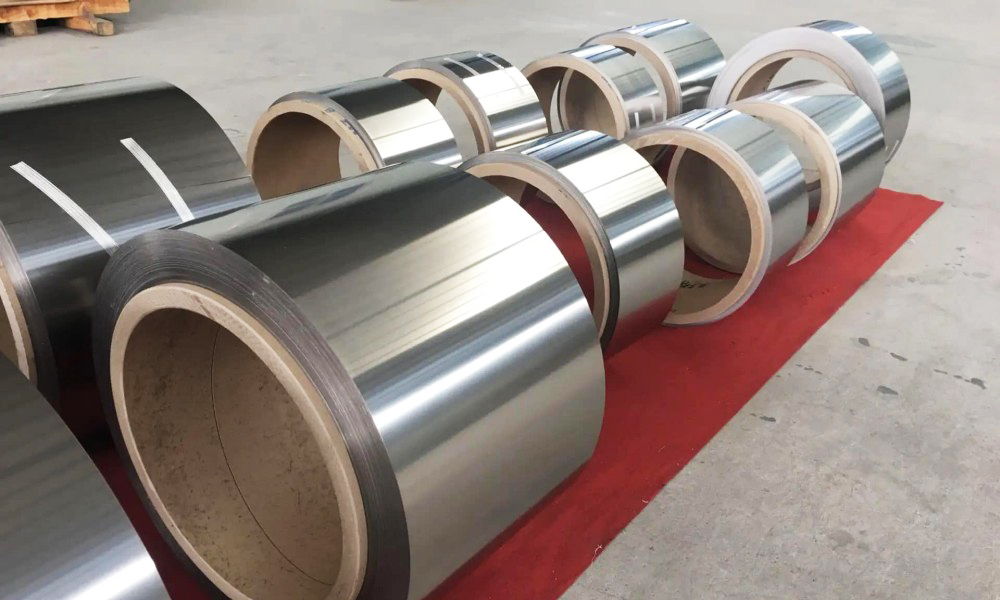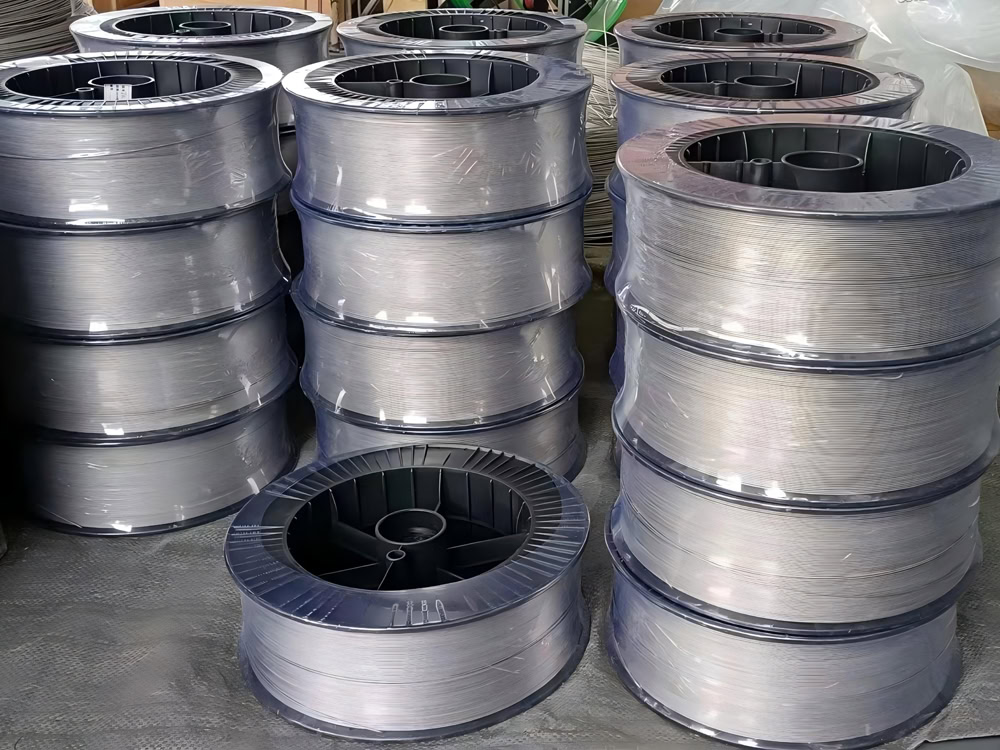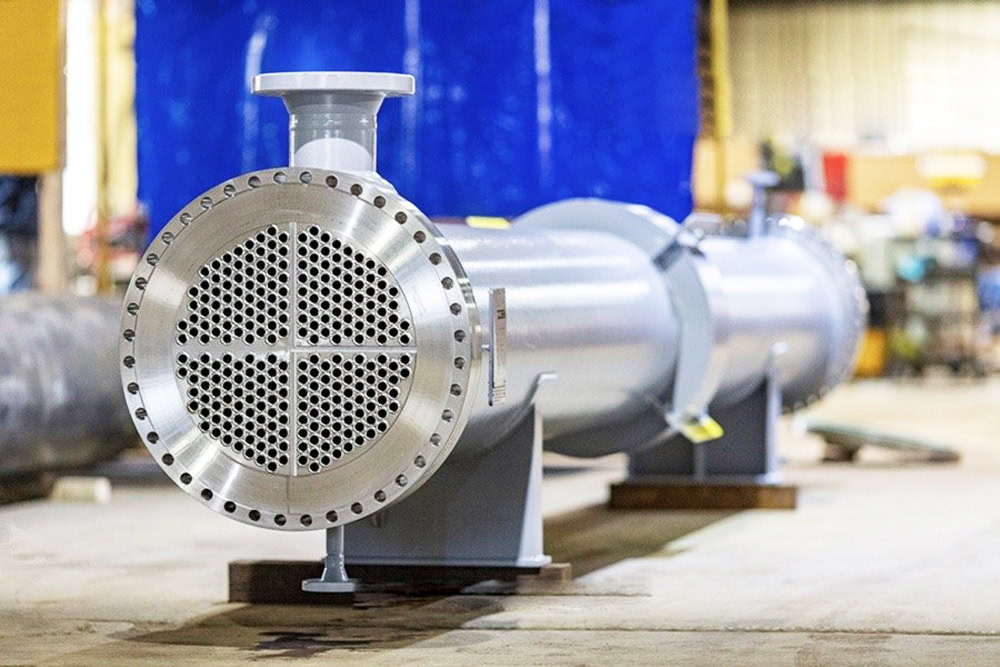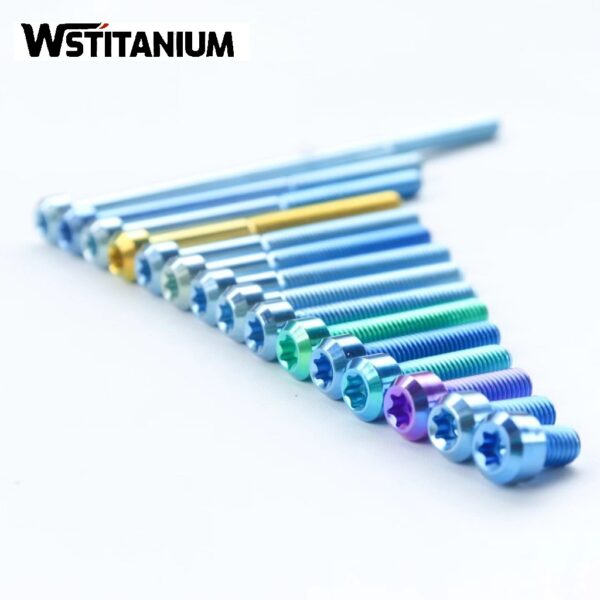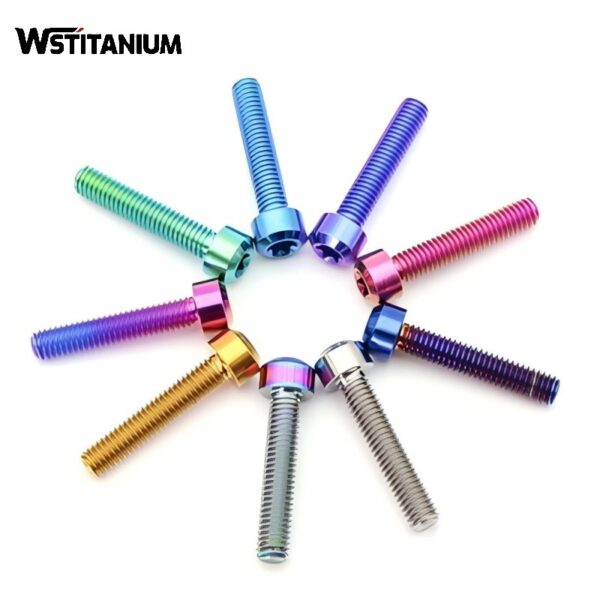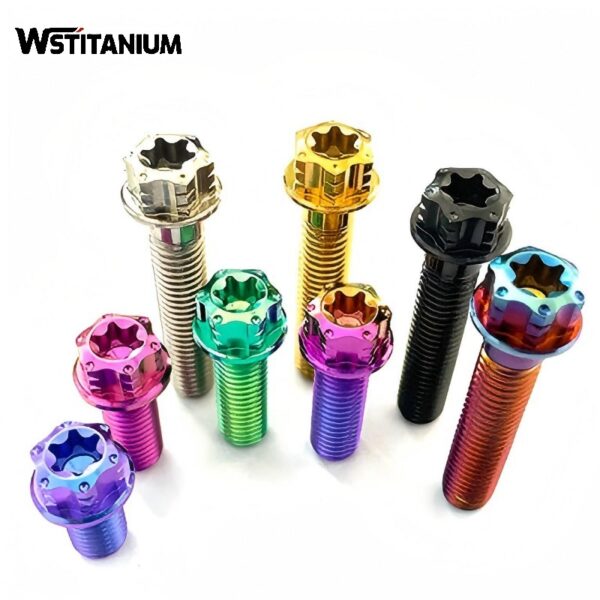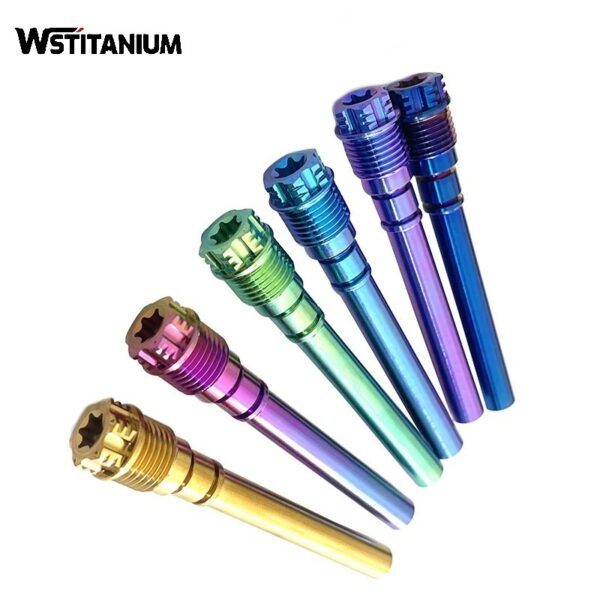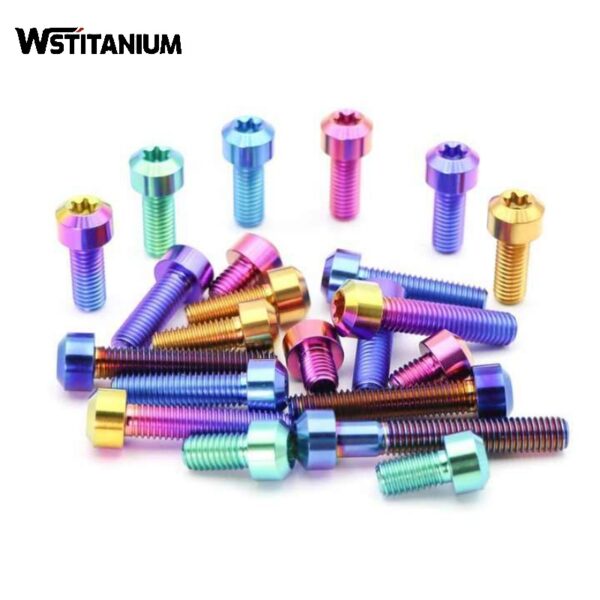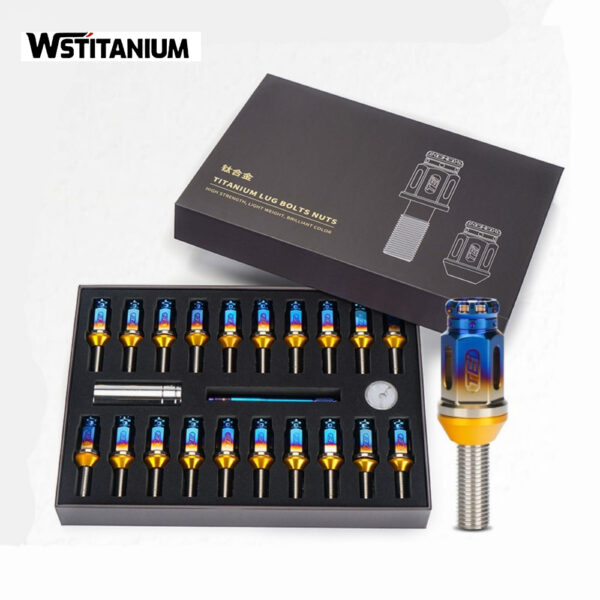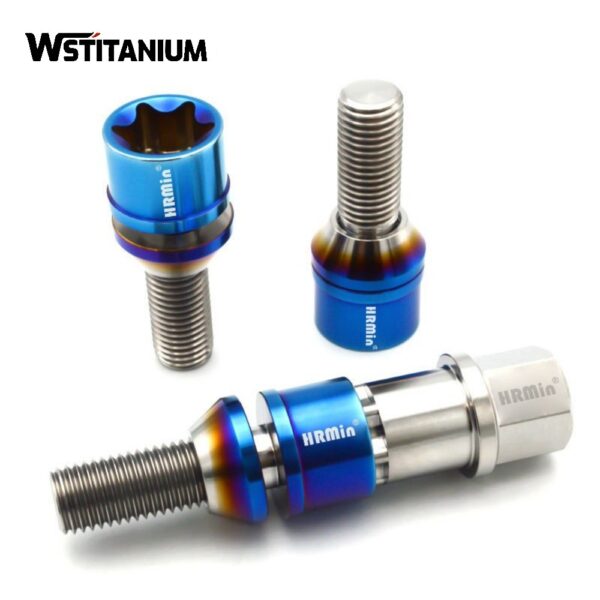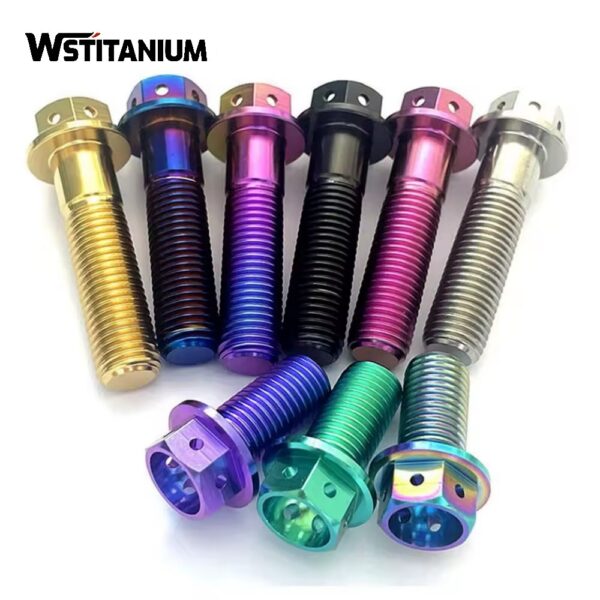MMO Titanium Anode For Food
Certified: CE & SGS & ROHS
Shape: Requested
Diameter: Customized
Drawings: STEP, IGS , X_T, PDF
Shipping: DHL, Fedex, or UPS & Ocean Freight

20+ YEARS EXPERIENCE SENIOR BUSINESS MANAGER
Ask Michin For What You Want?
As food safety standards continue to escalate, traditional chemical-based treatments are increasingly exposed to shortcomings—the risks of chemical residues, environmental pollutant emissions, and high costs—forcing the industry to seek greener, more precise technical solutions. MMO titanium anodes (titanium-based metal oxide-coated anodes), with their advantages of strong corrosion resistance, high current efficiency, and long lifespan, are gradually penetrating the food industry. They offer a comprehensive electrochemical solution for everything from degrading pesticide residues in fruits and vegetables, disinfecting production water, to preventing corrosion and descaling equipment.
| Technical Measurement | Performance |
| Coating Element | Iridium Oxide (IrO₂), Ruthenium Oxide (RuO₂),Platinum |
| Substrate Material | Titanium Gr1 or Gr2 |
| Titanium Anode Shape | Customized Plate/Mesh/Tube/Rod/Wire/Disc |
| Coating Thickness | 8~20 μm |
| Coating Uniformity | 90% min. |
| Current Density | ≤ 20000 A/m² |
| Operating Voltage | ≤ 24V |
| PH Range | 1~14 |
| Temperature | < 80 °C |
| Fluoride Ion Content | < 50 mg/L |
| Warranty | More than 5 years |
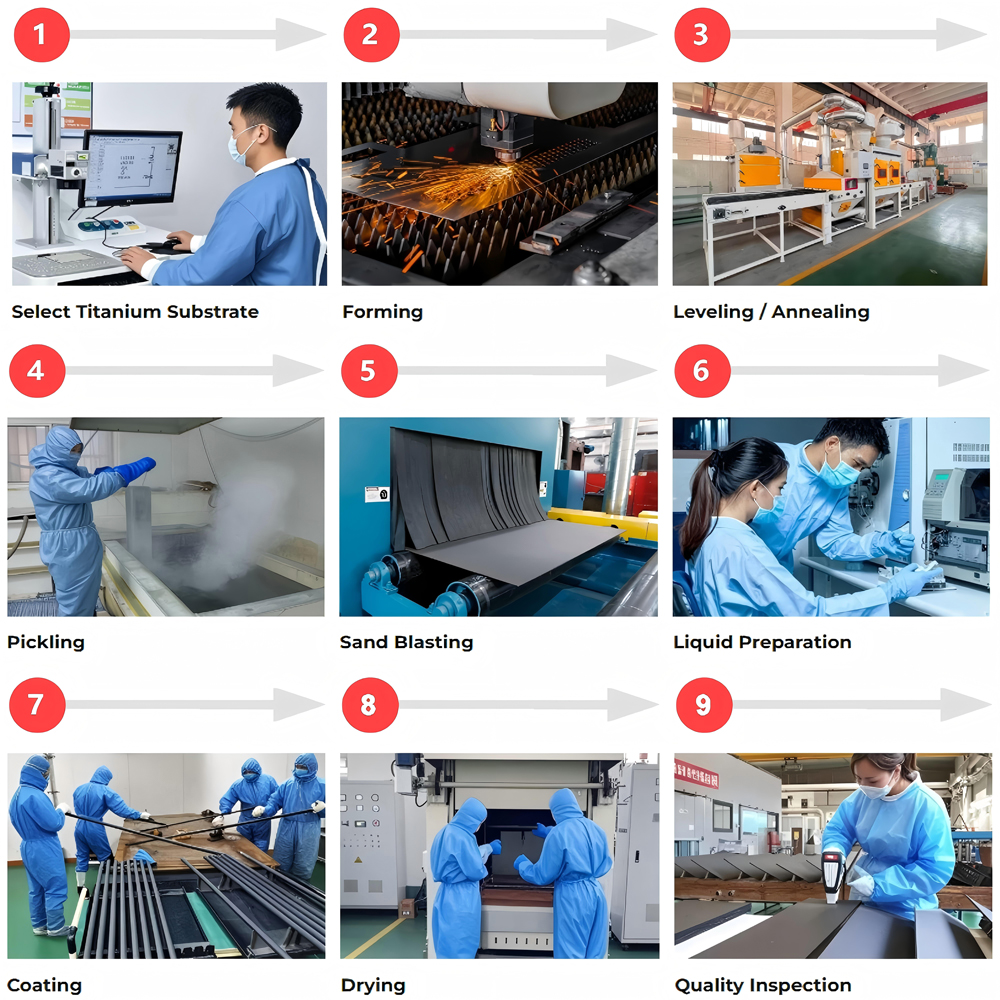
Working Principle of MMO Titanium Anodes
The core application of MMO titanium anodes in food processing relies on their electrochemical catalytic properties. By regulating electrode surface reactions, MMO titanium anodes achieve functions such as disinfection and sterilization, pesticide residue degradation, and scale removal and corrosion prevention. Its industrial principle can be summarized as a three-step mechanism: “electrocatalysis – reaction regulation – effect realization.” Under the action of a DC electric field, oxygen and chlorine evolution and secondary reactions occur on the surface of the MMO titanium anode, generating active substances with strong oxidizing properties, achieving functions such as disinfection and scale removal.
Disinfection and Sterilization
When the treatment system contains chloride ions (such as rinse water with a small amount of salt added), the ruthenium-coated anode preferentially undergoes the chlorine evolution reaction: 2Cl⁻ → Cl₂↑ + 2e⁻. The generated chlorine gas rapidly reacts with water to form hypochlorous acid (Cl₂ + H₂O → HClO + H⁺ + Cl⁻). Hypochlorous acid has strong oxidizing properties and can damage microbial cell membranes and enzyme systems, killing bacteria, viruses, and fungi. In a chlorine-free system, the iridium-coated anode dominates the oxygen evolution reaction: 2H₂O → O₂↑ + 4H⁺ + 4e⁻. This reaction produces reactive oxygen species such as hydroxyl radicals (・OH) and ozone (O₃). These species can oxidize and decompose pesticide residues such as organophosphorus and organochlorine, converting them into harmless CO₂ and H₂O.
Circulating Water Descaling
Circulating cooling water (such as equipment cooling systems and wash water circulation systems) is prone to forming scale such as calcium carbonate and magnesium sulfate. MMO titanium anodes achieve scale removal through electrochemical control. Under the action of an electric field, scale-forming cations such as Ca₂⁺ and Mg₂⁺ migrate toward the cathode, while anions such as CO₃²⁻ and SO₄²⁻ migrate toward the anode. This allows Ca₂⁺ to combine with OH⁻ in the cathode region, forming loose Ca(OH)₂ flocs rather than a dense scale layer. At the same time, the H⁺ generated at the anode dissolves the already formed CaCO₃ (CaCO₃ + 2H⁺ → Ca²⁺ + CO₂↑ + H₂O). Reactive oxygen species also disrupt the scale layer’s lattice structure, transforming it from calcite to aragonite, a phase easily washed away by water.
Cathodic Protection
Stainless steel tanks, pipelines, and other equipment used in food processing are susceptible to corrosion failure due to electrolyte solutions. MMO titanium anodes use cathodic protection to slow corrosion. The anode surface catalyzes electrolyte oxidation, releasing electrons. These electrons flow through the conductor to the protected metal, accumulating on its surface and inhibiting the metal’s oxidation reaction (i.e., corrosion) that results from electron loss. The flexible MMO anode’s grid-like structure ensures uniform current distribution, avoiding the blind spots associated with traditional anodes.
Wstitanium’s Advantages
Wstitanium’s food-grade MMO titanium anodes offer significant advantages in compliance, performance stability, and application suitability. Their core competitiveness is reflected in the following five key areas:
(I) Food-Grade Compliance
Wstitanium strictly adheres to food contact material safety standards. The titanium substrate is medical-grade titanium that complies with ASTM B338 Grade 1/2, with impurity content controlled below 0.1%. The coating utilizes food-grade precious metal oxides, with 99.99% purity for elements such as ruthenium and iridium. The coating thickness is precisely controlled at 5-15μm through X-ray inspection, ensuring catalytic activity and preventing coating detachment. All products have passed FDA food contact safety certification and SGS heavy metal release testing. After boiling in 4% acetic acid solution for 24 hours, the heavy metal release is less than 0.001mg/L, fully meeting the requirements of EU Regulation 10/2011.
(II) Coating Technology
Wstitanium utilizes proprietary gradient coating technology, using a sol-gel method to create a “TiO₂-rich inner layer and noble metal oxide-rich outer layer” structure on the titanium substrate. The inner layer forms a chemical bond with the titanium substrate, improving coating adhesion by 40% and preventing coating flaking during electrolysis. The surface layer optimizes the distribution of catalytic active sites, increasing chlorine evolution efficiency by 30% compared to traditional coatings and reducing the oxygen evolution overpotential to 1.3V. Every batch of products passes NACE TM 0108-2008 accelerated life testing. At a current density of 100mA/cm², common in food processing, ruthenium-based anodes have a lifespan of 5-10 years, while iridium-based anodes have a lifespan of over 10 years.
(III) Customization
Wstitanium has established a customized system covering all food processing scenarios, enabling precise product design based on your processing volume, media composition, equipment structure, and other parameters. For fruit and vegetable washing applications, we developed a high-surface-area mesh anode with a 50% higher mesh density than standard products, ensuring uniform distribution of active substances. For pipe disinfection, we offer cascade-connected tubular anodes, customizable in diameters from 19mm to 32mm and lengths from 500mm to 1500mm. Furthermore, the coating formula can be flexibly adjusted based on the chloride ion concentration of the medium. When the chloride ion concentration is less than 300mg/L, an iridium-tantalum coating is used to optimize oxygen evolution performance; when the chloride ion concentration is greater than 1000mg/L, a ruthenium-iridium coating is used to improve chlorine evolution efficiency, ensuring optimal treatment performance and energy consumption balance under various operating conditions.
(IV) Cost Advantage
Leveraging low overpotential coating technology and precise structural design, the Wstitanium anode significantly improves power efficiency. At the same processing capacity, its cell voltage is 0.5-1.0V lower than that of conventional anodes, while maintaining a current efficiency above 95%. For example, when treating 100m³ of production water, Wstitanium anodes consume 250kWh of electricity, while traditional graphite anodes require 380kWh, saving 470,000 kWh annually and 376,000 yuan in electricity bills. Furthermore, their anode weight is only one-fifth that of lead anodes, reducing equipment load requirements and installation costs by 20%.
(V) Quality Control
Wstitanium has established a three-tiered quality system: “Raw Material Inspection – Process Control – Finished Product Testing.” Spectroscopic analysis is performed to verify the purity of raw materials before storage. Online thickness monitoring is used during coating preparation. Finished products undergo electrochemical performance testing, corrosion resistance testing, and leachables testing to ensure a 100% pass rate for each batch.
MMO titanium anodes are driving the transition from chemical processing to electrochemical cleaning in food processing. Through a diverse combination of coating components and product forms, they achieve precise adaptation in key applications such as disinfection and sterilization, pesticide residue degradation, equipment corrosion protection, and circulating water descaling, providing a strong defense against food safety.
Technically, the value of MMO titanium anodes stems from the synergistic effect between the titanium substrate and the precious metal oxide coating. The titanium substrate provides corrosion resistance and structural support, while the MMO coating imparts high catalytic activity and insolubility. It generates active substances through electrochemical reactions such as oxygen and chlorine evolution, achieving its intended function without chemical additives.
Related products
-
Titanium Fasteners
Anodized Titanium Screws
-
Titanium Fasteners
Titanium Bolts For Motorcycle
-
Titanium Fasteners
Titanium Flanged Hex Bolt
-
Titanium Fasteners
Motorcycle Titanium Bolts Pin
-
Titanium Fasteners
Titanium Fasteners Manufacturer and Supplier
-
Titanium Fasteners
Custom Gr5 Titanium Fasteners
-
Titanium Fasteners
Titanium Screws and Bolts
-
Titanium Fasteners
Colored Motorcycle Titanium Bolts
